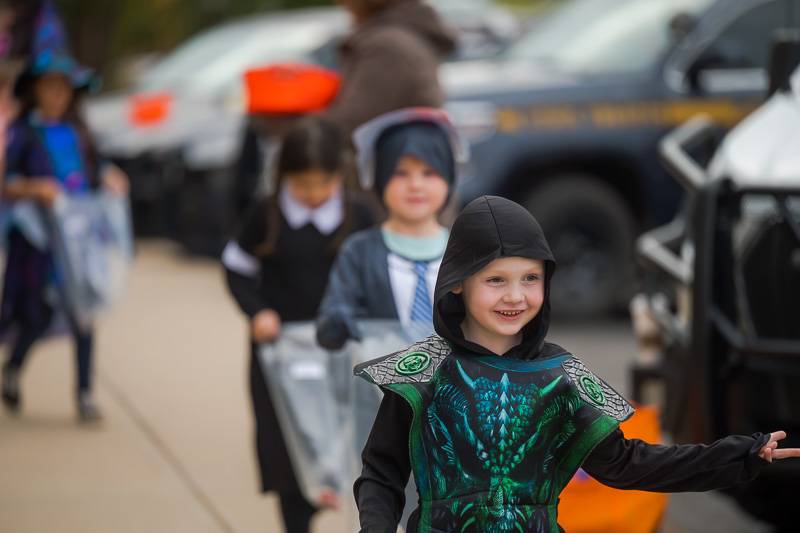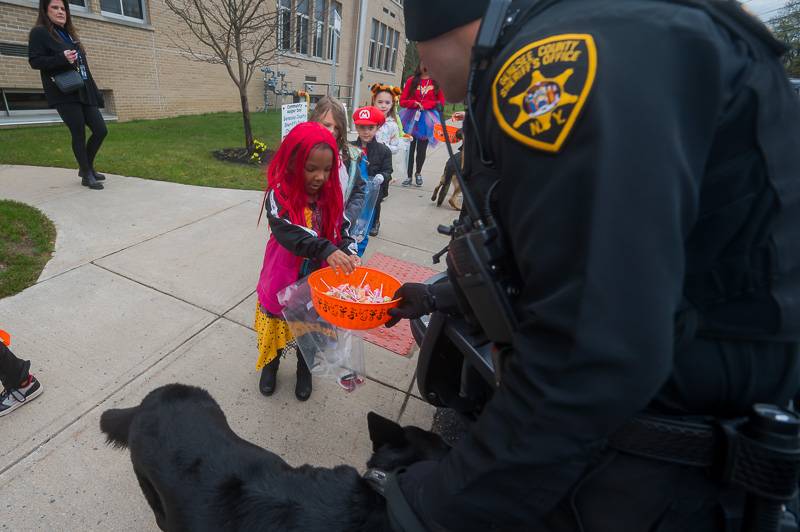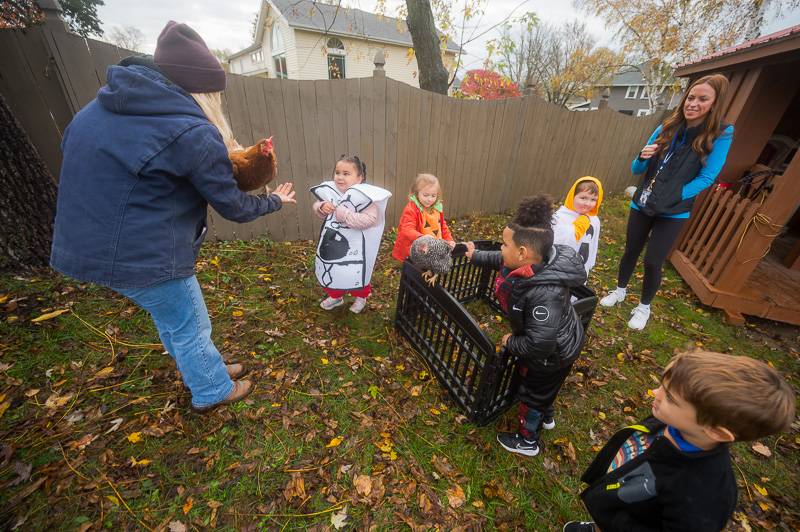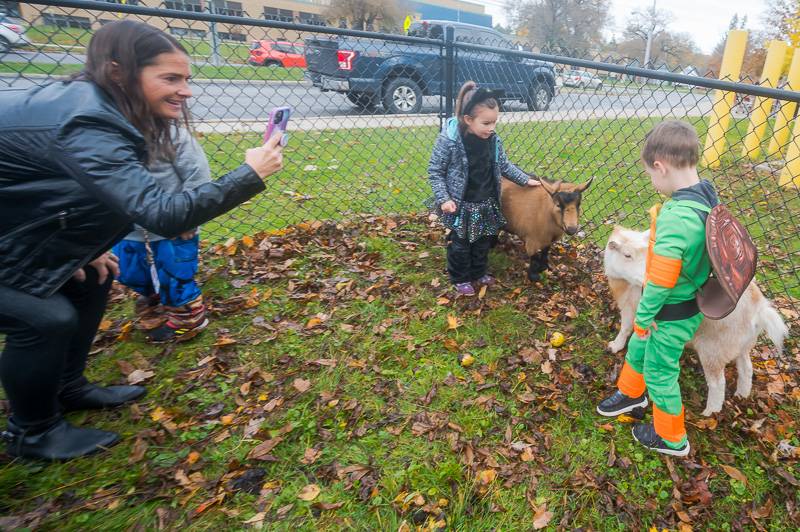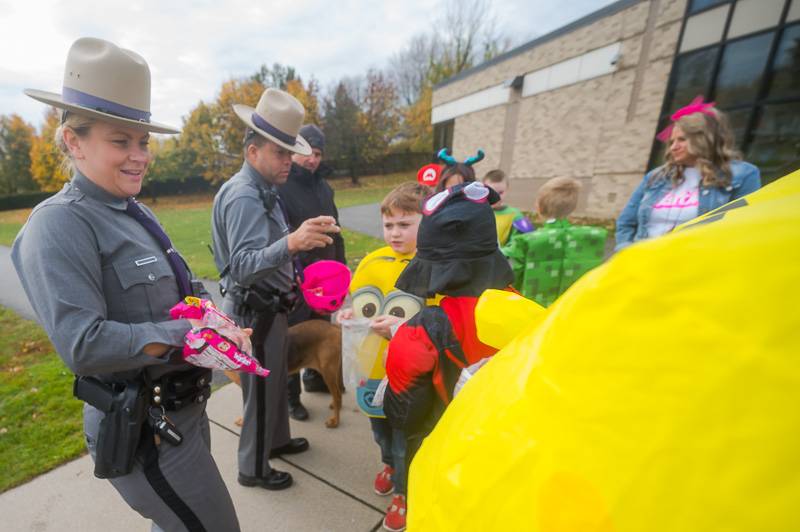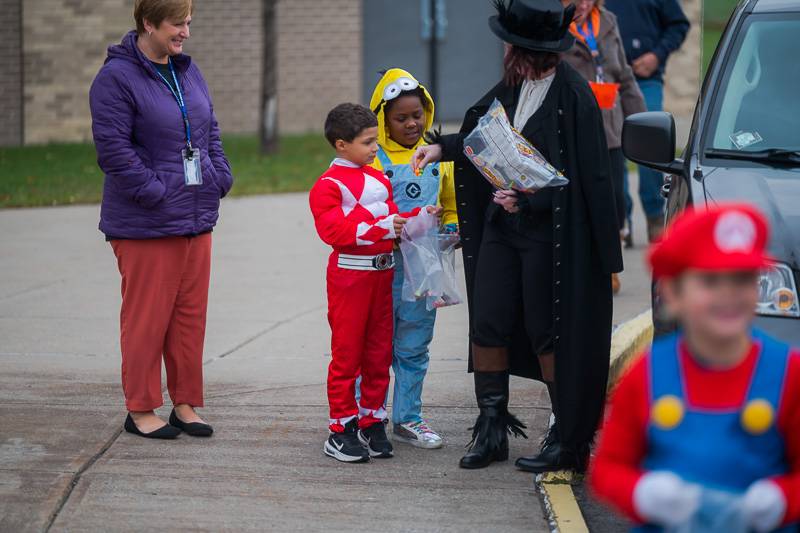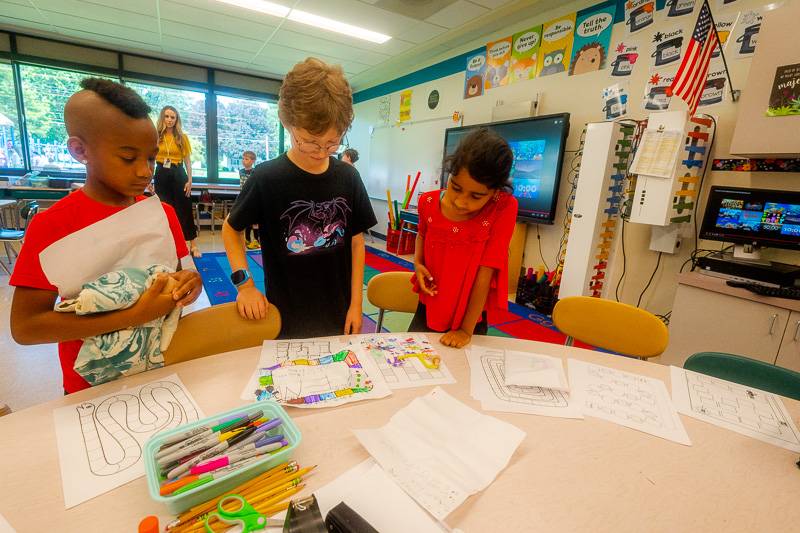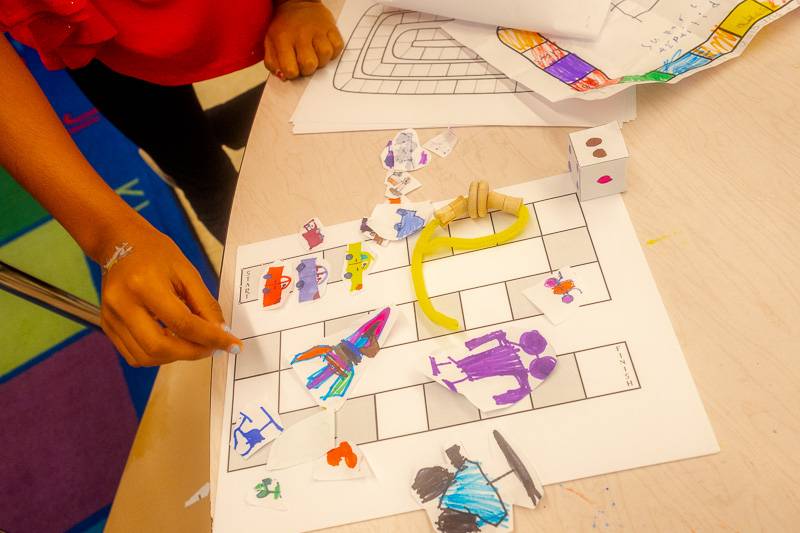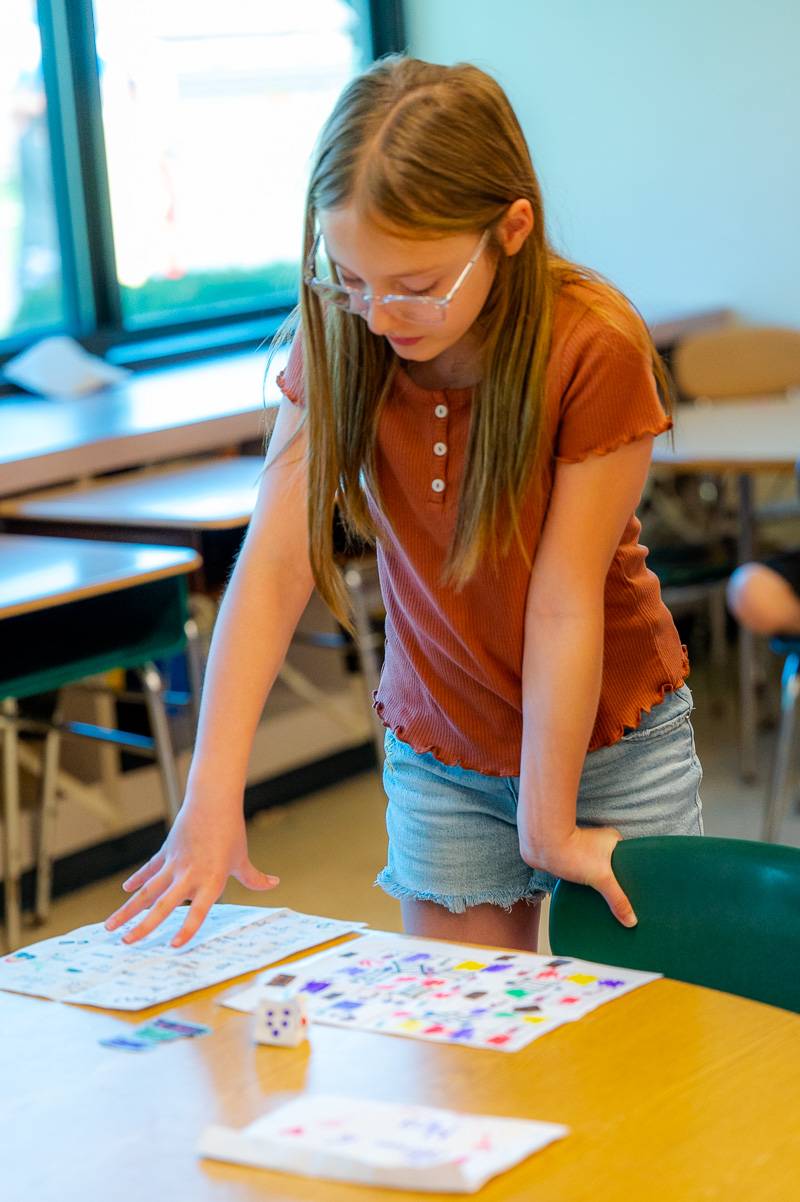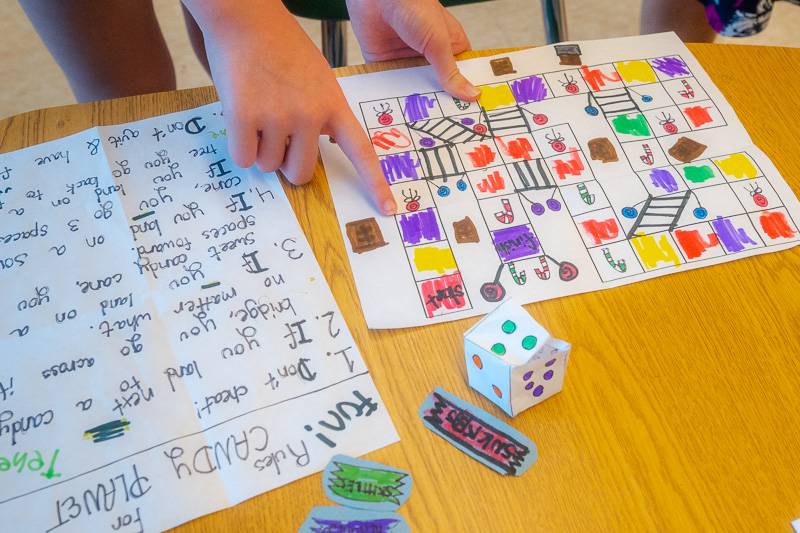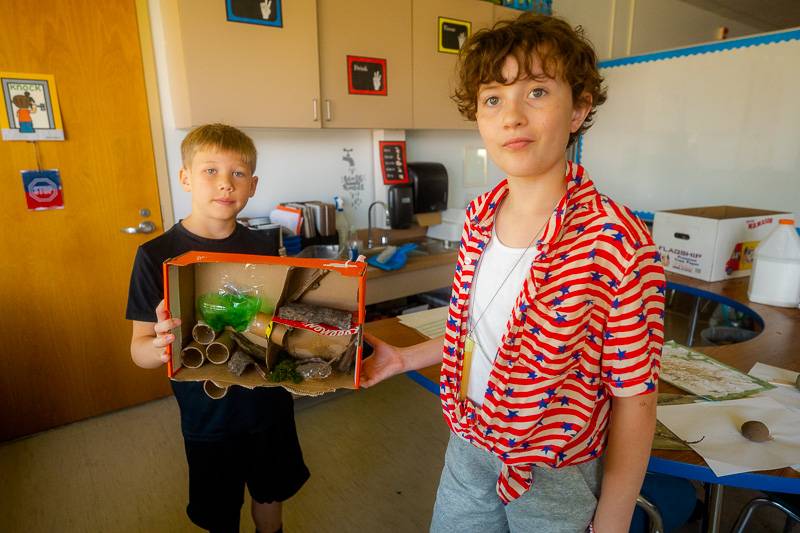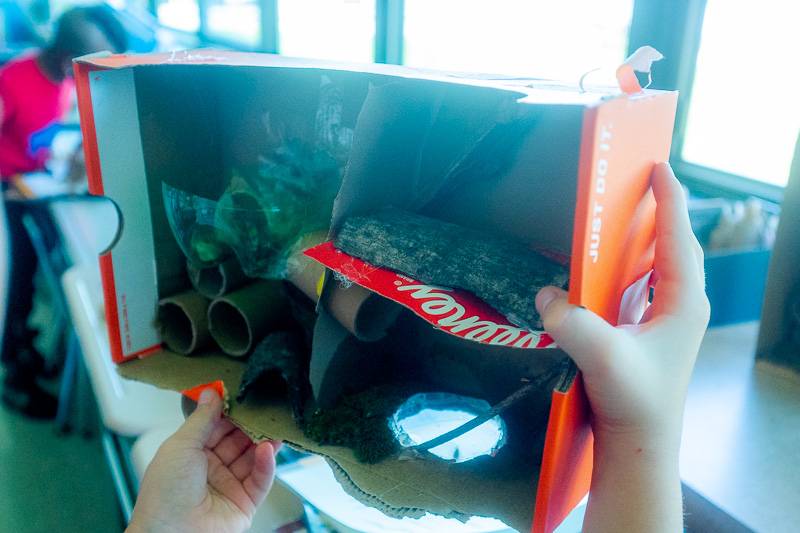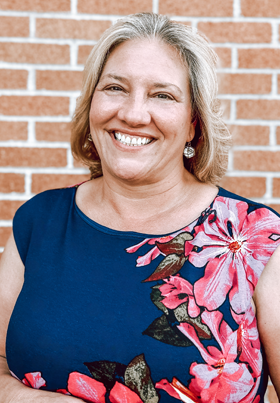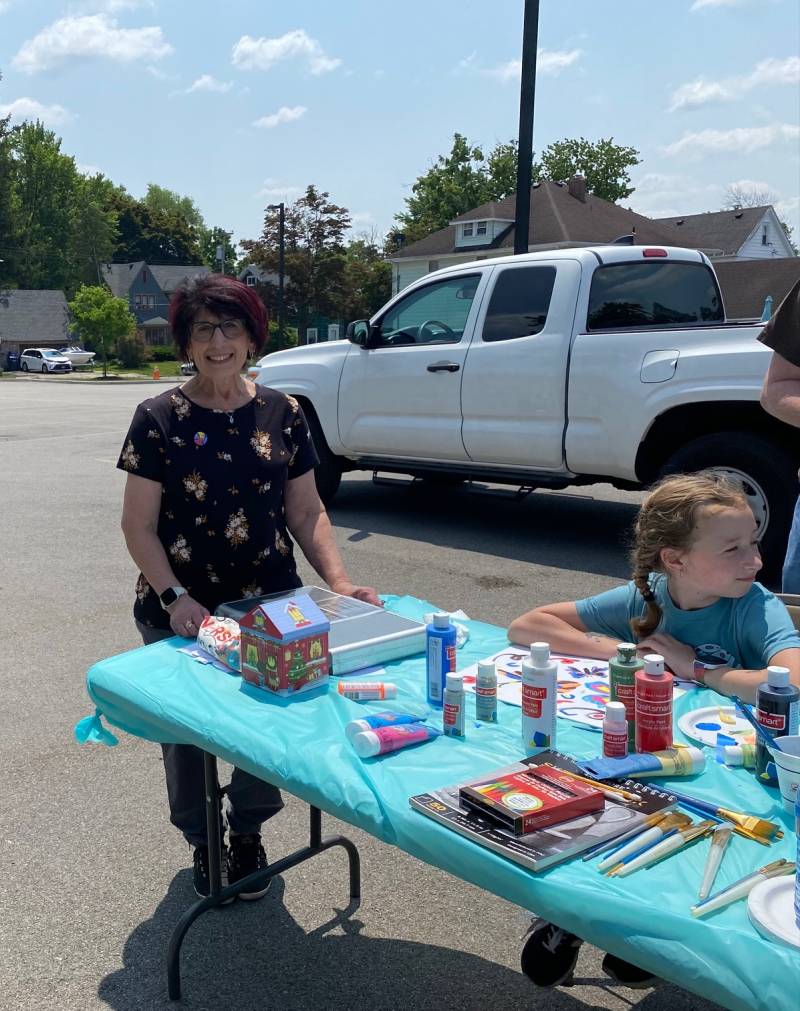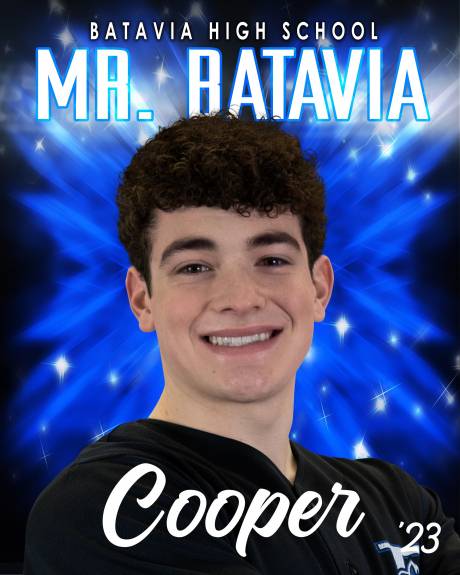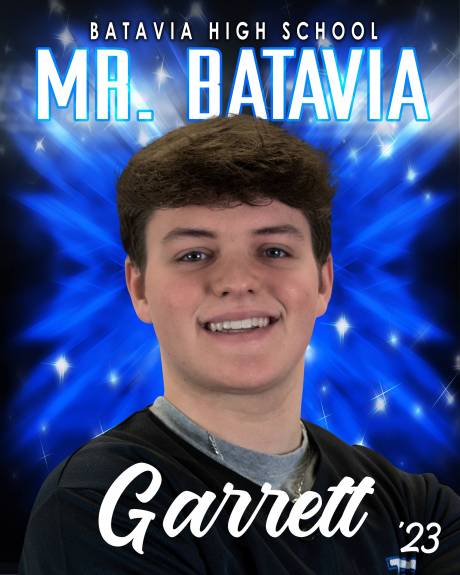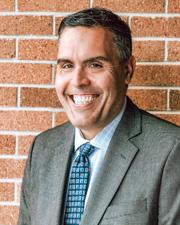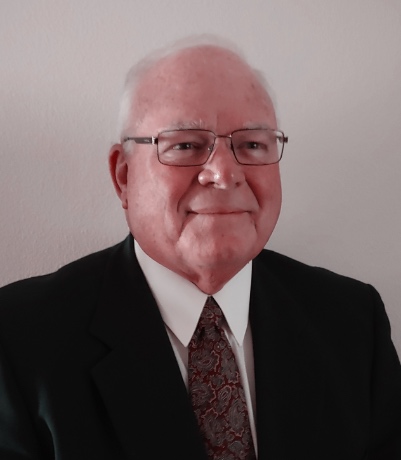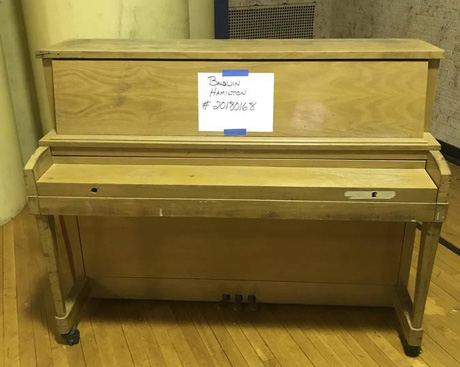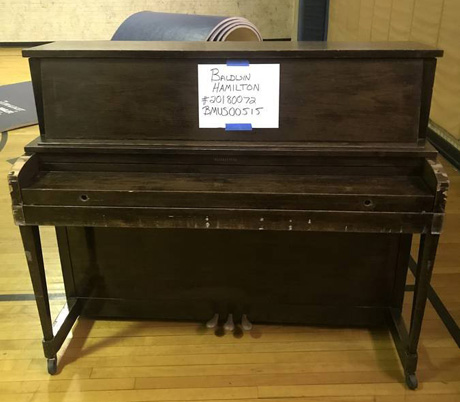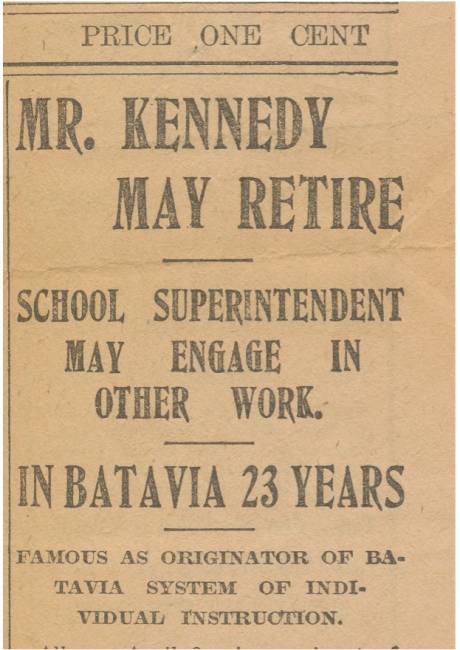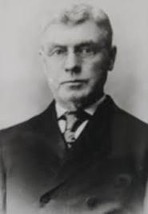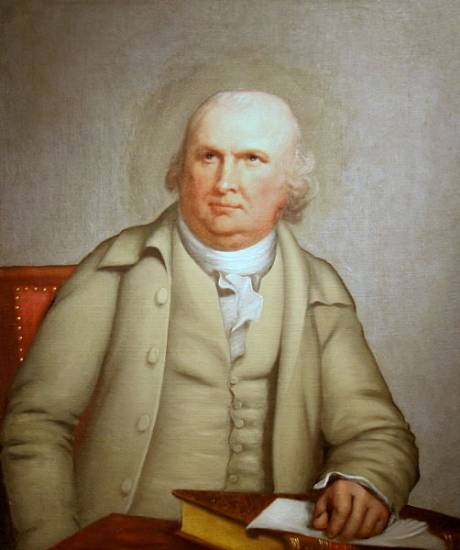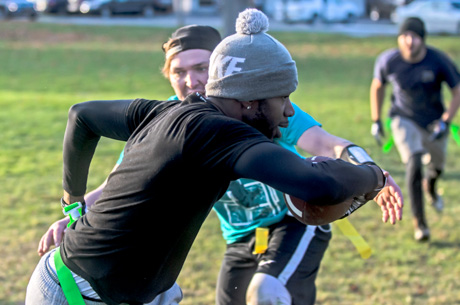Q&A with Superintendent Jason Smith and Board President John Marucci regarding the arrest of Kate Long
For Related story, see: Charge against Batavia mother for emails sent to school officials raises First Amendment concerns

Jason Smith:
Should public officials, especially elected officials, be seeking to have citizens/constituents arrested for expressing their concerns over the conduct of public business (in this case, how courses are taught)?
Provided that the dialogue is respectful, fair and reasonable, of course not. The Board and I regularly receive emails from parents in which the dialogue is cordial and respectful.
In this particular case, however, we responded to a situation that called for a firm response. The Board of Education received numerous emails in a very short period of time from Ms. Long with inappropriate and inflammatory language, including one that said, '"Fuck you all. You all are jokes. You call yourself educators. You reap what you sow," and we had no indication that they were going to cease until the issue was resolved to the complete satisfaction of Ms. Long—which we could not do after numerous attempts to find a qualified teacher. In addition, she explicitly indicated that the Board should "Look forward to more messages every single day..."
In Ms. Long’s case, she received two emails from our Board Vice President and two emails from me, so her concerns were in fact heard and responded to in a timely and respectful manner.
While Ms. Long initially stated her concerns in a respectful manner, they quickly escalated.
Are you concerned that her arrest may have violated her constitutional rights?
We brought the concerns to the attention of the Batavia Police Department, and an officer looked into it and determined that her behavior warranted the arrest.
It is the job of the courts and legislature to determine if these laws violate constitutional rights, and while some might disagree with the law’s reach, it continues to be a valid law in New York State.
As educators, are you concerned that her arrest sends the wrong message to students about civil rights?
No, there is no concern regarding the message sent to students about civil rights. This incident actually serves as an educational opportunity. We want our students to learn the importance of engaging in civil discourse in a respectful, reasonable, and fair manner.
Unfortunately, Ms. Long's approach did not reflect these values, which are essential in public education and have been upheld for decades. As an educator and leader, my role includes actively listening to all members of our community and striving to foster mutual understanding and respect.
What balance do you think should be struck in regards to a parent/citizen/constituent raising concerns and responding when they feel like their concerns are not being heard? Any suggestions for not restricting First Amendment rights while avoiding harassment (in the context of the question, in common use of the word, not the legal definition)?
There are channels that individuals can follow when addressing their concerns, which our District and Board of Education members consistently follow and encourage.
To be clear, Ms. Long’s concerns were heard, again as evidenced by my response and that of our Board Vice President. BMS Principal Nate Korzelius also corresponded with her.
In fact, due in part to her concerns, we course-corrected and made a few changes to the way the online Spanish class was being taught—changes which Ms. Long acknowledged and appreciated.
Should public officials be shielded from annoying and upsetting speech?
No, not at all, but when it crosses the line, as it did in Ms. Long’s case, there are laws on the books that are designed to prevent this type of inappropriate behavior, as well as the BCSD Code of Conduct, where parent behavior is also addressed.
Our Board of Education and our District communicate and listen to our families and students every single day. Is every single situation resolved to the satisfaction of all? Of course not—that is nearly impossible. And again, in Ms. Long’s case, we responded to her concerns, and addressed them to the best of our ability in a timely and respectful manner.
As a school district, we deeply value the rights of parents and community members to express their concerns and opinions. We understand and respect the importance of open dialogue and encourage our community to actively participate in discussions about our schools' operations and policies.
However, it is equally important to maintain a respectful and safe environment for everyone in our school community, including our board members and staff. While we fully support the right of individuals to ask questions and hold our school leadership accountable, this does not extend to the point of harassment or the use of inappropriate and inflammatory language.
In this particular case, our decision to involve legal action was not taken lightly. It was a response to a pattern of communication from the parent in question that had escalated beyond acceptable norms of civil discourse. Our actions are in no way intended to infringe upon civil rights or to discourage constructive feedback and engagement from our community. Instead, they are a necessary step in protecting the well-being and safety of our school board members and staff, and upholding a standard of respect and civility in our communications.
We remain committed to transparency and accountability in our operations and continue to welcome and value input from our community provided it is expressed in a manner that respects the dignity and rights of all individuals involved.

John Marucci:
Should public officials, especially elected officials, be seeking to have citizens/constituents arrested for expressing their concerns over the conduct of public business (in this case, how courses are taught)?
Our decision was not about seeking charges against a citizen. Instead, it was a necessary response to escalating inappropriate emails despite our attempts at dialogue.
We value and address all respectful and constructive conversations with parents and community members.
In this specific instance, it was essential for us to take a firm stance to protect our administration and staff from unnecessary harassment; we could not stand idly by, and therefore, we made the decisive choice to speak up and act in defense of our school community's well-being.
Are you concerned that her arrest may have violated her constitutional rights?
As a Board, we respect the legal process and constitutional rights. Our role was to report an escalating concern; the legal system, guided by New York State law, determines the rights and violations. We trust in this process and its ability to uphold the law and protect rights.
As educators, are you concerned that her arrest sends the wrong message to students about civil rights?
There's no concern about a wrong message on civil rights. This situation highlights the importance of respectful and civil discourse when expressing concerns.
Our entire community, including the Board, administration, teachers, staff, and parents, are working together to foster a thriving and supportive educational environment. To do this, we must engage in more constructive conversations.
What balance do you think should be struck in regards to a parent/citizen/constituent raising concerns and responding when they feel like their concerns are not being heard? Any suggestions for not restricting First Amendment rights while avoiding harassment (in the context of the question, in common use of the word, not the legal definition)?
We believe in open, respectful dialogue with all community members.
We always strive to balance the need for respectful communication with the right to express concerns, ensuring everyone is heard but within the bounds of civility.
Should public officials be shielded from annoying and upsetting speech?
Freedom of speech is a cornerstone of our community values, but it comes with the responsibility to maintain a respectful and safe environment.
While we listen and respond to all concerns, there is a line where speech becomes disruptive or harassing.
Our actions, in this case, were to protect the well-being of our school community and uphold a standard of respect and civility, not to suppress free speech or discourage community engagement.




